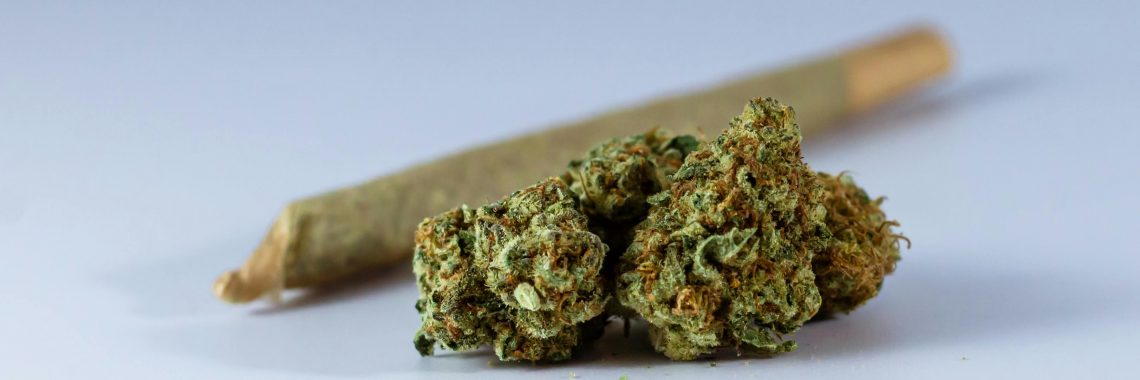Ballots, Betting, and Black Market Buds:

Here’s a quick recap of the week’s top stories from Family Council and our friends:
From Family Council
Equipping Christians for the Ballot. Voting is a right and responsibility. It is something many men and women have fought and died for to preserve. Though many Christians exercise this right, others choose not to participate. Keep Reading.
Arkansas Sees a Tenfold Increase in “Medical” Marijuana Users in Pandemic’s Wake. The number of “medical” marijuana patients in Arkansas has risen more than tenfold in the wake of the COVID-19 pandemic. Along the way, the reasons people list for wanting to use marijuana have also changed. Keep Reading.
Revisiting Marijuana’s Mental Health Crisis. A troubling study published in JAMA Psychiatry found that cannabis use among people with a history of psychosis “sharply increased” in states where recreational marijuana was legalized. Keep Reading.
Oklahoma Authorities Seize Illicit Marijuana in Raid. There is evidence that Oklahoma’s lax marijuana laws have actually emboldened drug cartels and contributed to the spread of illegal marijuana on the black market. Keep Reading.
How Sports Betting Corrupts College Athletics and Exploits Student-Athletes. Sports betting is putting student-athletes at risk of harassment, bribery, and exploitation. Keep Reading.
Fortune 500 Companies Abandon Pro-LGBT Pandering. The pro-LGBT Human Rights Campaign’s 2026 Corporate Equality Index lost a whopping 65% of its Fortune 500 participants, dropping from 377 companies in 2025 to just 131 this year. Keep Reading.
As States Legalize Assisted Suicide, Pro-Lifers Must Stand Strong. Just like abortion, euthanasia and assisted-suicide are murder, and they violate the sanctity of human life. Pro-lifers must stand strong against them. Keep Reading.
Super Bowl Betting Explosion Shows Gambling’s Growing Grip. Americans wagered more than $1.7 billion on the Super Bowl this month, highlighting how online gambling has become a dangerous new norm in our culture. Keep Reading.
From Our Friends
Western Civilization is Worth Defending. From Breakpoint.
80% of Republicans Want Trump to Stop Mail-Order Abortions. From LifeNews.
Female Athletes Beg California Interscholastic Federation to Keep Boys Out of Girls Sports and Locker Rooms. From Daily Citizen.
Articles appearing on this website are written with the aid of Family Council’s researchers and writers.





